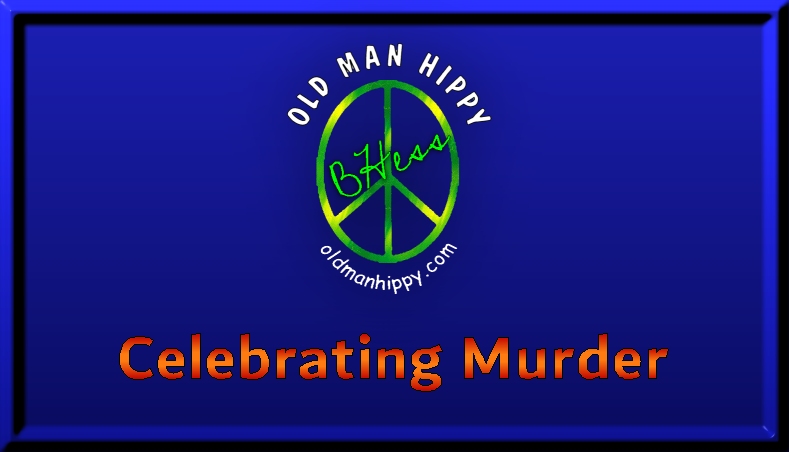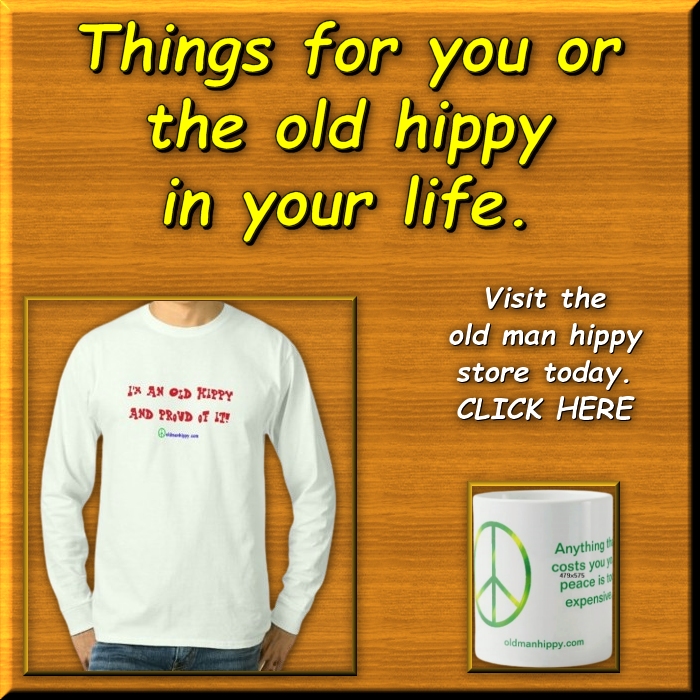CELEBRATING MURDER
December 11, 2024
The news that the CEO of UnitedHealthcare was murdered has sparked a response that is, in many ways, just as troubling as the act itself. Across social media and in certain circles, there’s a tangible sense of celebration, as if this violent act is something to be cheered. It’s disheartening, to say the least, and not just because someone lost their life. What’s disturbing is what this reaction reveals about our relationship with violence and how it erodes the very humanity we claim to uphold.
The frustration people feel toward companies like UnitedHealthcare isn’t hard to understand. For many, these corporations represent the worst aspects of a broken healthcare system, one where access to life-saving treatments can be denied with the stroke of a pen and where financial decisions too often take precedence over human lives. Stories of denied claims, unaffordable coverage, and endless bureaucratic battles are all too common, and they spark legitimate anger. That anger is valid. It’s rooted in pain, grief, and a sense of helplessness that comes from feeling like the system is rigged against you.
But no matter how deep that anger runs, violence is not the answer. It’s never the answer. And the celebration of violence, whether it’s expressed in a viral meme, a flippant comment, or a triumphant post, only serves to poison our collective soul. Murder isn’t justice. It doesn’t fix what’s broken in the system, and it doesn’t heal the wounds inflicted on those who’ve suffered. All it does is perpetuate the very cycle of harm and dehumanization that so many of us are fighting against.
Let’s be clear about what’s being celebrated here: not just the death of a man, but his murder. It wasn’t an accident or a natural cause, it was an act of deliberate violence. And to cheer for that, to treat it as some kind of righteous comeuppance, is to lose sight of something fundamental. Violence, no matter how it’s framed or who it’s directed at, changes us. It erodes our ability to see each other as people, reducing us to symbols of our grievances or mere symbols of our anger. When we celebrate violence, even indirectly, we chip away at our own humanity.
This isn’t about excusing the actions of UnitedHealthcare or dismissing the harm that their policies have caused. The failures of the healthcare system are real, and they have real consequences for millions of people. It’s not hard to find stories of lives lost or ruined because an insurance company considered a treatment “unnecessary” or too expensive. That pain is real, and it deserves to be acknowledged. But responding to systemic failures with violence, or cheering for violence as if it’s a solution, only makes things worse.
For one thing, violence doesn’t address the underlying issues. Killing one CEO doesn't end a system that prioritizes profits over patients. It doesn’t reform policies, change laws, or expand access to care. What it does is create more pain, more grief, and more division. And when that violence is celebrated, it sends a message that this kind of action is acceptable, even justified. That’s a dangerous precedent, not just for the healthcare industry but for society as a whole.
Think about what it means to live in a world where murder is seen as a legitimate response to injustice. What happens when that logic is turned around? If violence is justified against one person or group, who decides where the line is drawn? And how long before that line shifts, encompassing more and more targets in the name of “justice”? It’s a slippery slope, and it leads to a world where might makes right, where problems are solved not through dialogue or reform but through force. That’s not a world any of us should want to live in.
There’s also a deeply personal cost to celebrating violence. It changes us, often in ways we don’t immediately realize. The more we normalize violent rhetoric or treat acts of harm as cause for celebration, the more we desensitize ourselves to the value of human life. We start to see people not as complex individuals but as symbols of the things we hate. And when we strip someone of their individuality, it becomes easier to justify their suffering, or the suffering of anyone else who gets caught in the crossfire.
This isn’t just about the CEO of UnitedHealthcare or the healthcare system. It’s about how we, as individuals and as a society, choose to respond to anger, pain, and injustice. We can acknowledge those feelings without letting them consume us. We can fight for change without resorting to the very methods we claim to abhor. And we can reject the idea that violence is ever an acceptable way to achieve justice, no matter how justified our anger might feel in the moment.
It’s worth asking ourselves what kind of message we’re sending when we celebrate an act like this. Are we saying that murder is an acceptable way to address grievances? Are we saying that the ends justify the means, no matter how brutal those means might be? And if that’s the message, what does it say about the values we’re trying to uphold? If we believe that the healthcare system is unjust because it prioritizes profits over lives, then how can we turn around and celebrate an act that so blatantly disregards the value of a life?
There’s no question that the healthcare system needs to change. The stories of denied coverage, unaffordable care, and endless bureaucracy are not just frustrating, they’re tragic. And it’s fair to hold companies like UnitedHealthcare accountable for their role in perpetuating these problems. But accountability doesn’t mean violence, and it certainly doesn’t mean celebrating violence when it happens. True accountability comes from systemic change, from addressing the policies and incentives that lead to these outcomes in the first place.
That kind of change is hard. It takes time, effort, and a willingness to engage in difficult conversations. It requires us to channel our anger into action, not just vent it through words or acts of violence. But it’s the only way to create a system that truly serves everyone. Violence might feel like a shortcut, but it’s a dead end, one that leads to more harm, more division, and more suffering.
As a society, we have to decide what kind of people we want to be. Do we want to be a society that responds to injustice with more injustice? Or do we want to be a society that fights for change in a way that reflects the values we believe in, compassion, equity, and respect for human life, all human life? It’s not an easy choice, especially when emotions are running high. But it’s a choice we must make, and one that will define us for years to come.
In the end, the murder of the UnitedHealthcare CEO is a tragedy, not just because of the life that was lost, but because of what it represents. It is a reminder of how broken our system is, how deep our frustrations run, and how tempting it is to see violence as a solution. But it’s also a reminder of the cost of that temptation, how it damages not just the person it’s directed at but everyone who chooses to embrace it. If we want a better world, we have to reject that path. We have to find another way.



